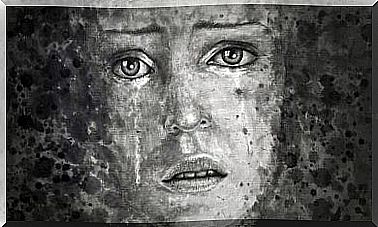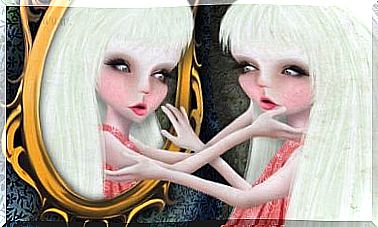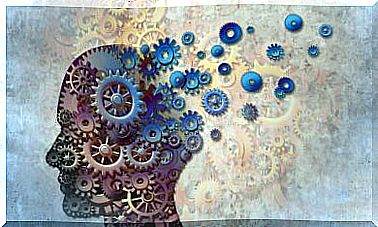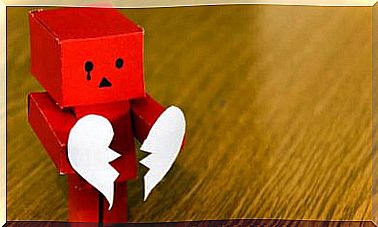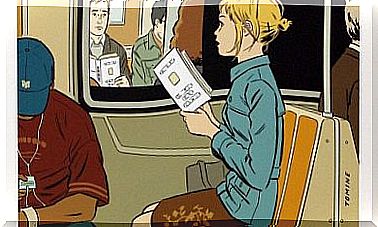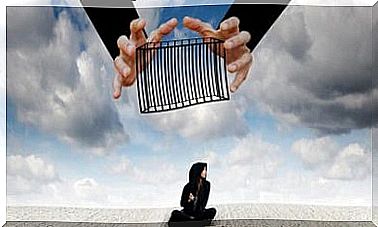Disappointment And Depression Hurt The Same, But They Are Not The Same

Disappointment and depression often occur in a very similar way: you experience pain, apathy, fatigue, disappointment … However, they are two very different states. We say this for simple evidence: many people navigate the ocean of disappointment, often taking it for granted that they are already experiencing a mood disorder.
Obviously, we can never rule out the presence of this condition. However, depression is a multifactorial and much more complex phenomenon. Feeling disappointed defines, for its part, a clash with one’s own expectations that, although it can be experienced in a painful way, trace a specific phenomenon in time and also, a habitual way of learning.
Now, the problem comes when a person begins to accumulate one disappointment after another in a certain period. In these cases, as we will see below, we may already be facing a more particular situation that science has investigated. We analyze it.

Depression and disappointment: how are they different?
If there is a clearly universal, frequent and inevitable emotion, it is disappointment. Experiencing it is common, but it is the way we deal with it that will mark another turning point. Whoever gets stuck in that state, will drag with them the wake of frustration and constant doubt when it comes to whether or not to trust someone again.
On the contrary, the person who manages to make a good balance of all disappointing experiences and integrates a good learning progresses with greater fullness and temperance. This shows us that disappointments are the law of life and that although not all of us come into the world knowing how to deal with them, sooner or later we do.
Now, depressive disorders are by no means a law of life or something inevitable. Depression and disappointment are not the same because they trace different experiences. Thus, and although we think that the second often drifts into the first, the truth is that there is something that is observed more frequently.
Undiagnosed and depressed people are the ones who experience recurring disappointments because they view life through the filter of negativity, despondency, and helplessness. We analyze it.
Disappointment and depression, how are they different?
South Dakota State University conducted a study in 2012 to try to understand the psychological experience of disappointment. It was basically defined as a discouraging feeling in which expectations and aspirations towards something or someone collapse. The person also temporarily loses some of their vital meanings.
- We are, therefore, before a specific and limited painful experience in time that forces the person to have to reformulate many things. Emotions such as sadness, anger, disappointment, restlessness, etc. appear. However, the mind remains active and, in many cases, attempts are made to process what happened in order to learn, readjust and move forward.
- Depression, on the other hand, is a longer and multifactorial experience. Disappointment is not usually the only trigger for this mood disorder. In general, more dimensions are added that are not easy to define. The person also experiences a broader, limiting and persistent symptomatology: sleep and eating disorders, fatigue, apathy, negative thoughts, hopelessness …
Can disappointments lead to a mood disorder?
We know that disappointment and depression are not the same. However, can the first lead to the second? In specific situations, yes. And what are those experiences? Research works such as those carried out at Yale University provide us with relevant information on the subject:
- Persistent disappointments that drive a person to a state of hopelessness can lead to a depressive disorder.
- The origin of this reality would be according to these experts, in a very specific brain region: the habenula. It is a structure related to the pineal gland and very small in size.
- The lateral habenula receives impulses from the basal ganglia and the limbic system and, in turn, has connections with dopaminergic and serotonergic neurons. It has been seen that when a person loses hope after several adverse and disappointing experiences, the habenula stops interacting with those neurons linked to motivation. That is when the mood is altered.
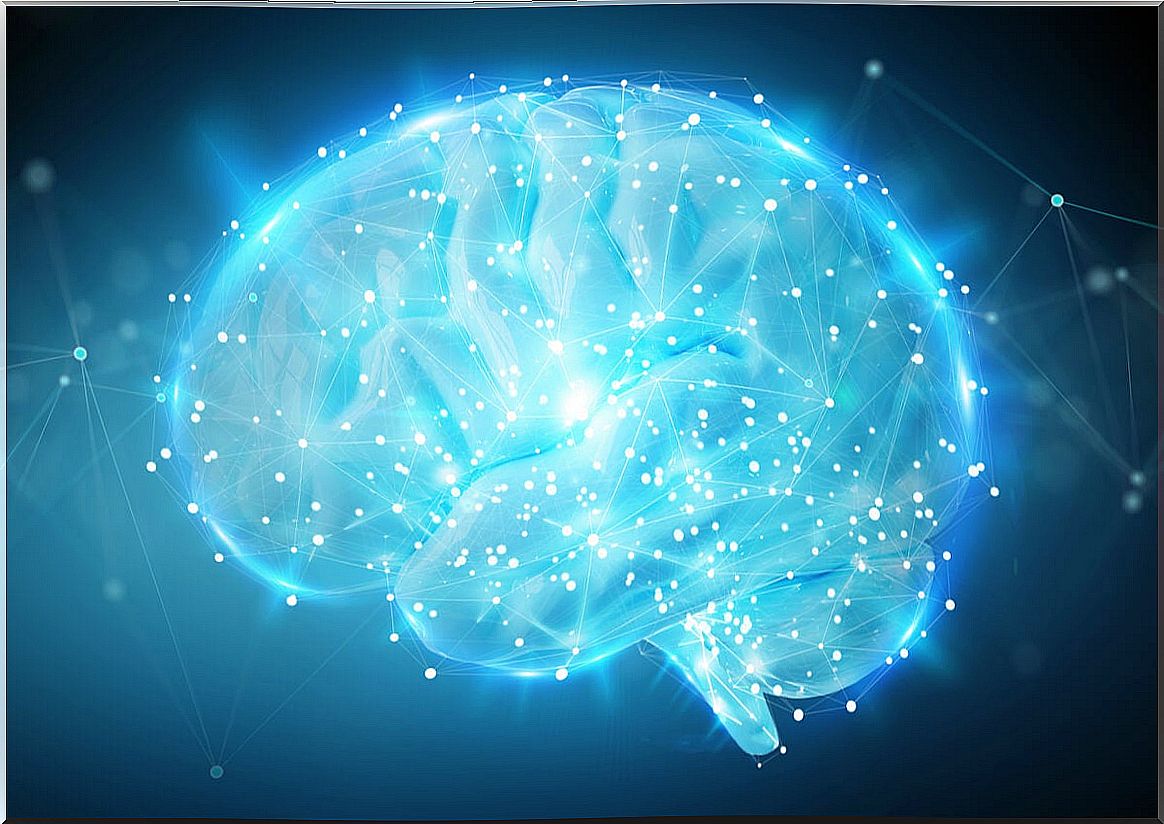
Disappointment and depression: the negative mind that alters everything
In 1916, Sigmund Freud wrote an essay entitled Some Character-Types Met with in Psycho-Analytic Work. In it, he told us about something very interesting. There are people who even achieving success are disappointed. There are those who, despite having everything in their favor, fall into one disappointment after another. The father of psychoanalysis suggested that they could be clearly neurotic profiles.
Today, we know that depression can be installed silently in us completely altering the way we see and process the information that comes to us through the senses. In these states, the mind only sees problems. Any positive event is viewed with suspicion. Reality becomes disappointing, the present is filled with uncertainty and the future with despair.
Therefore, while it is true that disappointment and depression are two different entities, sometimes they cohabit together. However, when this occurs, there are many more variables present other than disappointments. In general , any event that breaks our expectations forces us to make a cognitive and emotional effort to accept it, give it meaning and overcome it.
Living, after all, is knowing how to face and readjust our plans. That is what it is all about.

